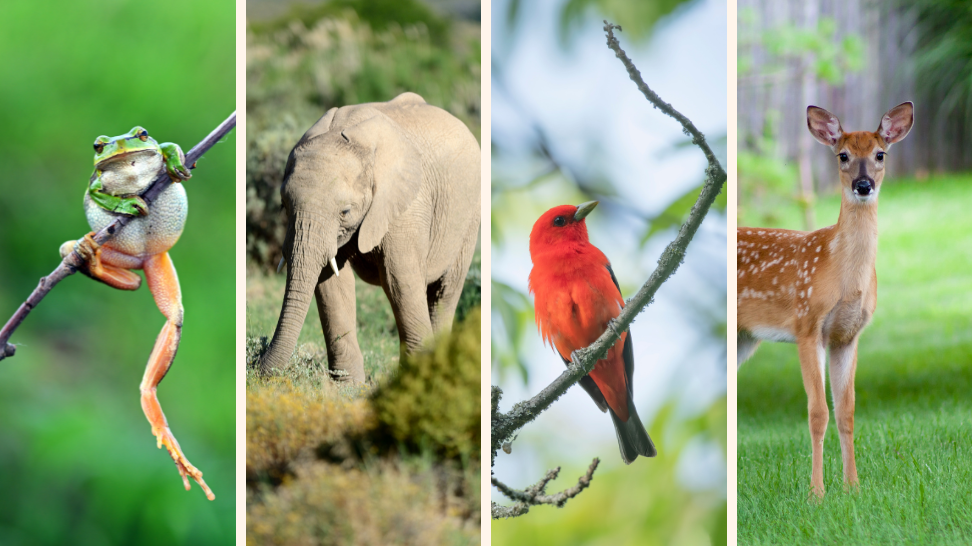Have you heard of World Wildlife Day? It’s an important annual event, celebrated every year on March 3rd, to increase awareness about the importance of wildlife in our ecosystems and the need to protect it for future generations. The theme for World Wildlife Day 2023 is “Partnerships for Wildlife Conservation,” which highlights the importance of working together to protect wildlife.
Why World Wildlife Day is Important
World Wildlife Day is all about celebrating wildlife and reminding us how important it is to protect biodiversity – the diversity of living creatures on Earth, including animals, plants, and microorganisms. As human activities continue to endanger wildlife and their habitats, we need to be reminded that biodiversity is critical for the preservation of ecosystems and the provision of pure air, water, and food to all of Earth’s inhabitants.
This year’s theme for World Wildlife Day is “Partnerships for Wildlife Conservation,” which shows how important it is to work together to protect wildlife and intends to celebrate and recognize the people and organizations who are making an impact in wildlife conservation and biodiversity preservation. However, governments and organizations aren’t the only ones responsible for it – individuals like you and I play a role as well. By working together, we can help the environment and improve the lives of animals.
Ways to Help Preserve Biodiversity
If you want to make a difference, there are countless ways to help. Reduced meat consumption and a shift to plant-based diets are two of the most efficient ways of reducing our environmental footprint. Animal agriculture is a major contributor to habitat loss, deforestation, greenhouse gas emissions, and water pollution. By going vegan, or at least cutting back on your meat, dairy, and egg intake, you can help protect wild animals and wildlife habitats.
Reducing waste and conserving resources is another step towards helping protect wildlife. This means using energy-efficient appliances, reducing single-use plastics, and composting food waste. Saving water is also an effective way to help preserve ecosystems and provide habitats for wildlife.
You could also contribute to conservation initiatives – either by financially supporting organizations working to protect wildlife and their habitats or by participating in community environmental efforts. Or why not do both? Volunteering at a neighborhood park, picking up trash in nature, and planting trees are all great ways to get involved and make a difference.
How Vegan Dog Food Helps Preserve Biodiversity
As dog owners, we can help protect wildlife by choosing vegan dog food. Meat-based dog food production contributes to environmental issues such as deforestation, greenhouse gas emissions, and water pollution. By making the small switch to plant-based food for ourselves and our pets, we can decrease the demand for animal products and help protect natural habitats and biodiversity. Vegan dog food can also provide many health advantages for dogs, including a reduced risk of obesity, allergies, and other diseases.
At PawCo, we’re committed to promoting sustainable and ethical pet food production practices. We believe that animal welfare and biodiversity conservation are closely related, and our vegan dog food is a great example of our passion for animal welfare. It’s free from animal products and created with high-quality, plant-based ingredients that provide all the nutrients your furry friend needs. It’s a healthy and sustainable alternative to traditional dog food, with lots of benefits for dogs such as better digestion, a lower risk of allergies, and improved overall health. Are you ready to make a difference? Place your first order here!
In conclusion, World Wildlife Day is a chance to celebrate wildlife and the importance of biodiversity on our planet. We are all responsible for protecting the environment and supporting animal welfare. There are many ways to get involved, from reducing waste to choosing vegan dog food. Together, we can make a positive difference for the planet and all the animals we share it with.
